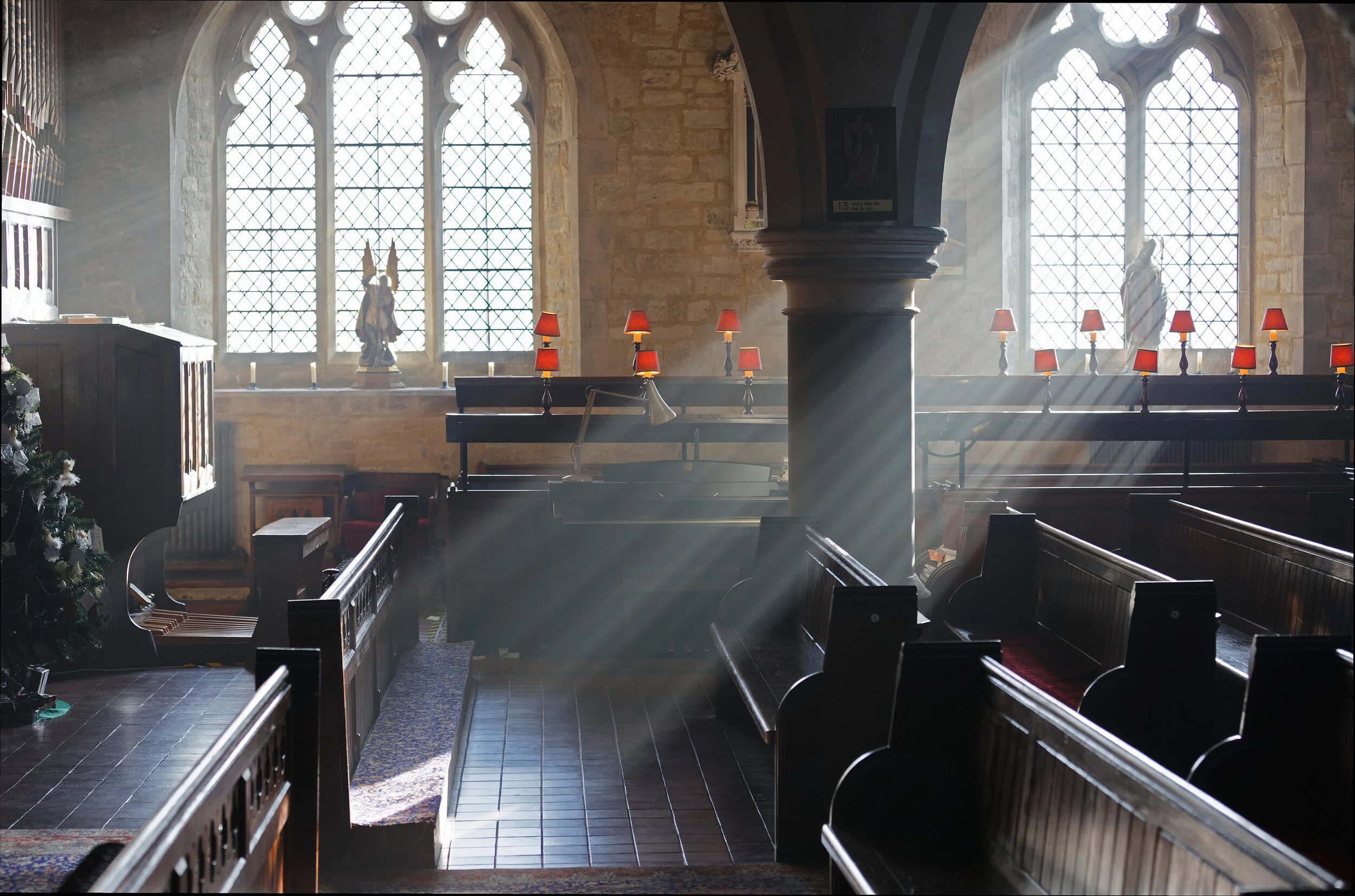Confession
What is Confession?
We all have sins to deal with – the Sacrament of Penance (commonly called confession) is God’s way of reassuring us that he loves us whatever we have done in our life and now repent of.
Of course it is right that we immediately say sorry to God whenever we realise that we have done something wrong. We also have a common form of confession at every celebration of the Eucharist. But if we are honest how much time and consideration do we give to thinking about our sins before receiving Holy Communion?
Confession is an opportunity to spend time giving serious thought, and prayer, to the realities of sin. Our sins don’t need to be particular serious or bad (although all sin is essentially serious) for us to come to Confession. Often we will be concerned with the daily realities of living as fallen human beings.
Is Confession for Anglicans?
Sometimes people think that Confession is only practised by Roman Catholics, when the reality is that both Eastern Orthodox Christians and Anglicans regularly confess their sins in a sacramental way.
In the Church of England Confession continued after the Reformation but in a reduced form – the 1662 Book of Common Prayer provides for the opportunity to make a Confession. In the nineteenth century a new interest began to be shown in many practices that had been undervalued since the Reformation, including Confession. More recently the modern Common Worship liturgies of the Church of England include specific rites for individual Confession.
So despite the popular misconceptions Confession is a normal part of life in the Church of England, not something unusual or exotic.
What happens at Confession?
The act of making a confession is quite simple really; there is no great mystery about it. We simply need to be honest with ourselves and with the priest.
We come to the place where the confession is to take place (usually in church) and either kneel or sit. There is a form of words to follow, but we confess our sins in our own words. The priest may give words of advice before giving absolution. He will also give you a ‘penance’ usually a prayer or piece of scripture to encourage you in following Christ.
The Seal of the Confessional
Confession is more akin to prayer than a human conversation. The priest is there as a guide and friend who pronounces God’s forgiveness. The priest may never, under any circumstances, reveal anything confessed. This is an absolute and inviolable rule enshrined in the Canon Law of the Church of England. In addition the priest will not mention your Confession even with you unless you raise the matter yourself. He will not allow it to affect the way he thinks about you. Indeed most priests manage to forget what they hear in Confession.
It’s also worth remembering that the priest also goes to Confession, and like you is a penitent sinner in need of God’s forgiveness.
Preparing for Confession.
It is important to give time to preparing for confession. It may be that there is something obvious on your mind, but perhaps we have to search our memories as well – we can easily forget what we have done wrong.
You may find it helpful to slowly reflect on some scripture, for example the Beatitudes: Matthew 5.1-12. There are also guides that can help you to see where you have turned away from God’s love. You may find it helpful to note down what you wish to confess as an aide memoir.
Confession at Holy Trinity.
The parish clergy will be happy to make arrangements hear your Confession and celebrate this life-giving sacrament with you. Confessions usually take place in church. Dates for confession are advertised before Christmas and Easter in preparation for these important feasts.
If you haven’t made a sacramental Confession before or you would like some advice or have further questions then please contact one of the parish clergy who will be happy to help.

